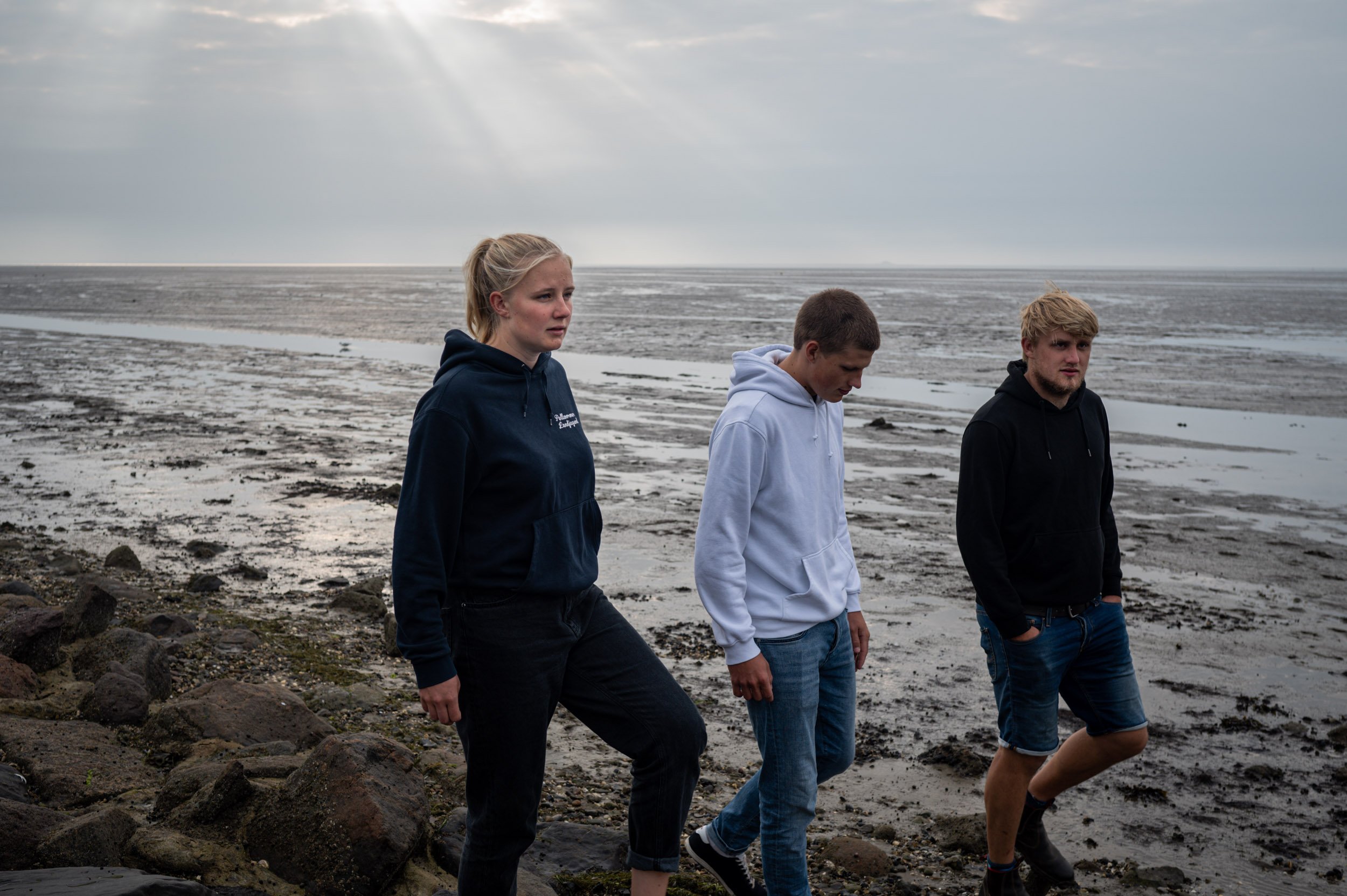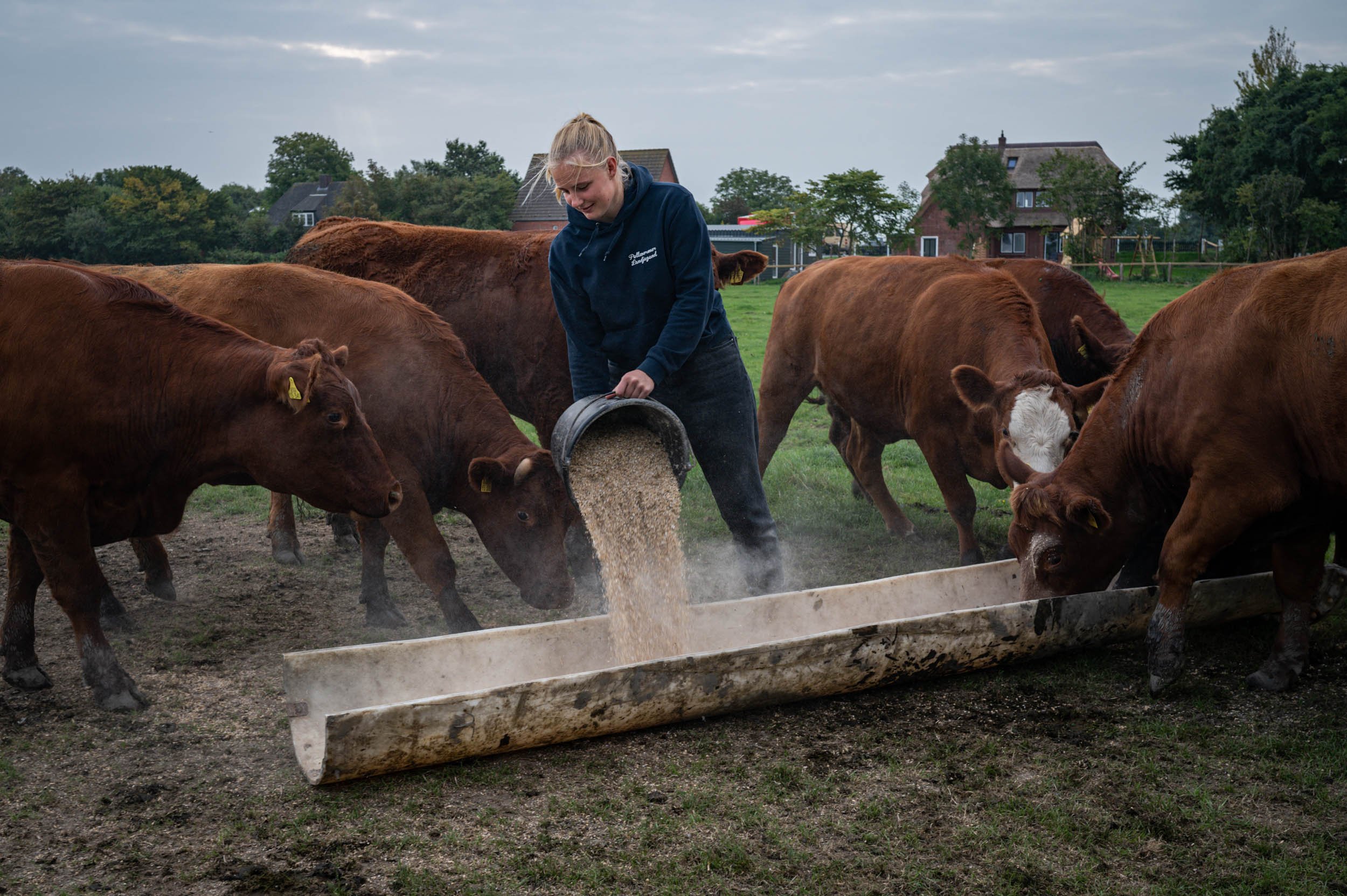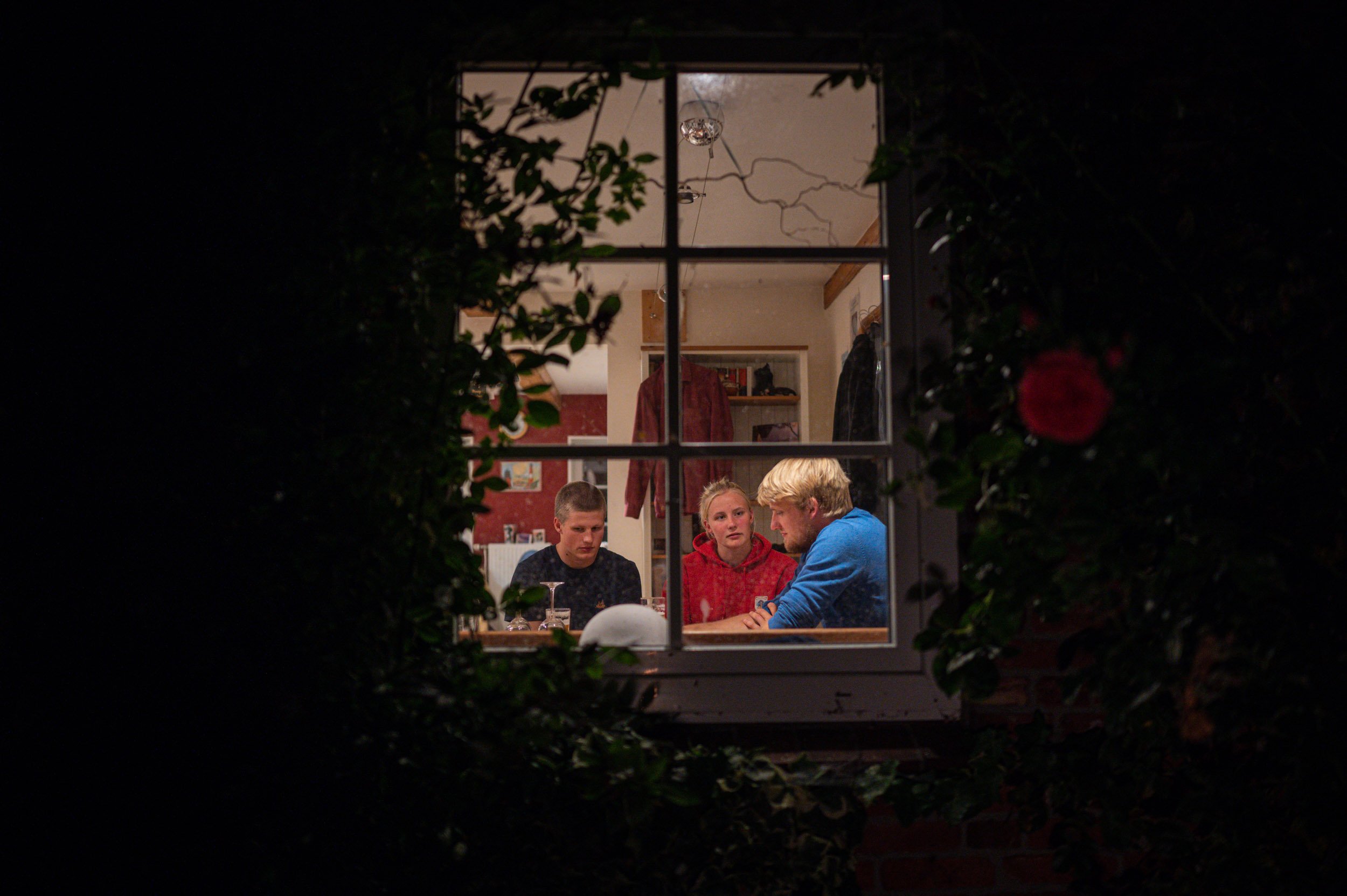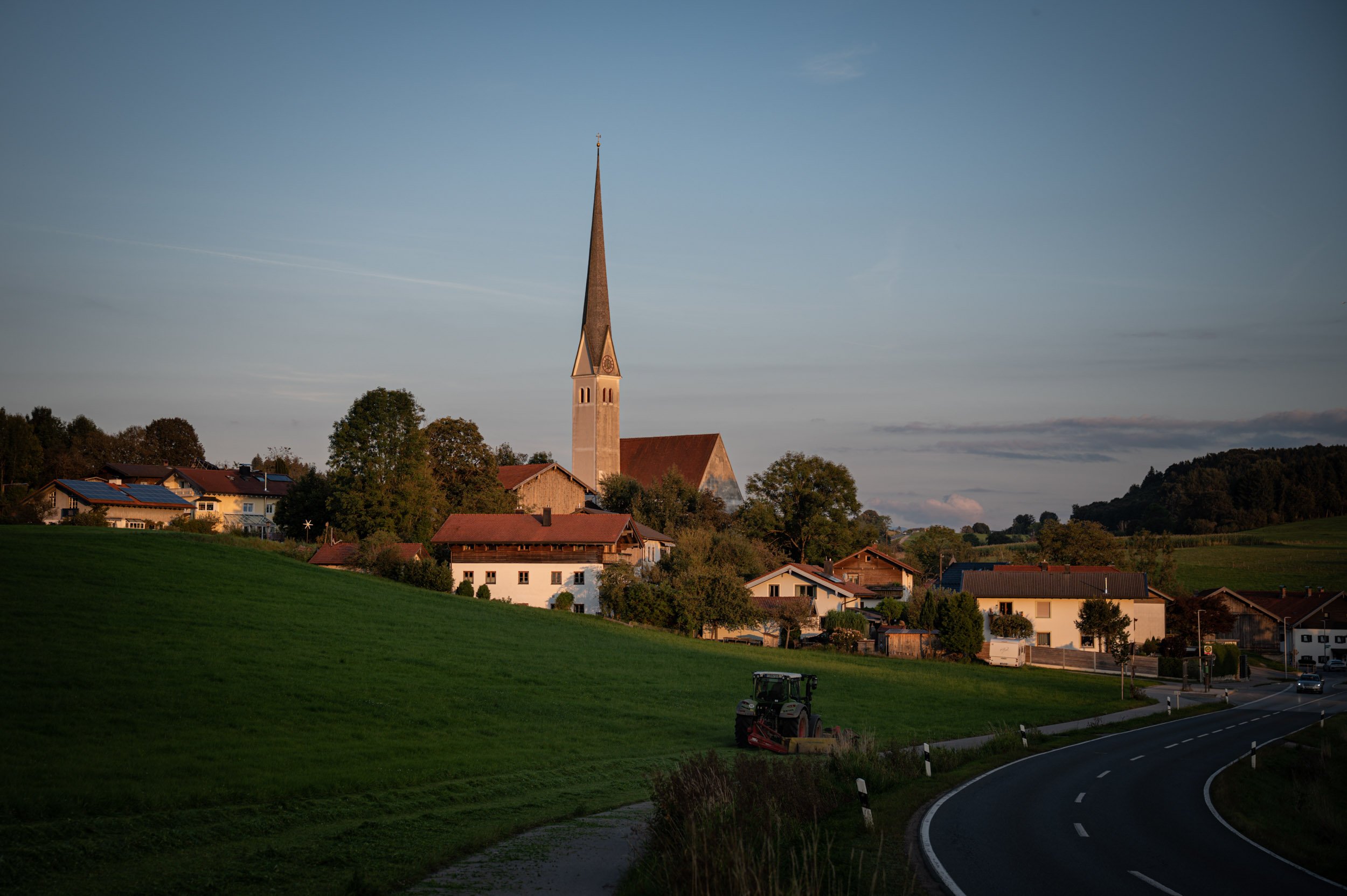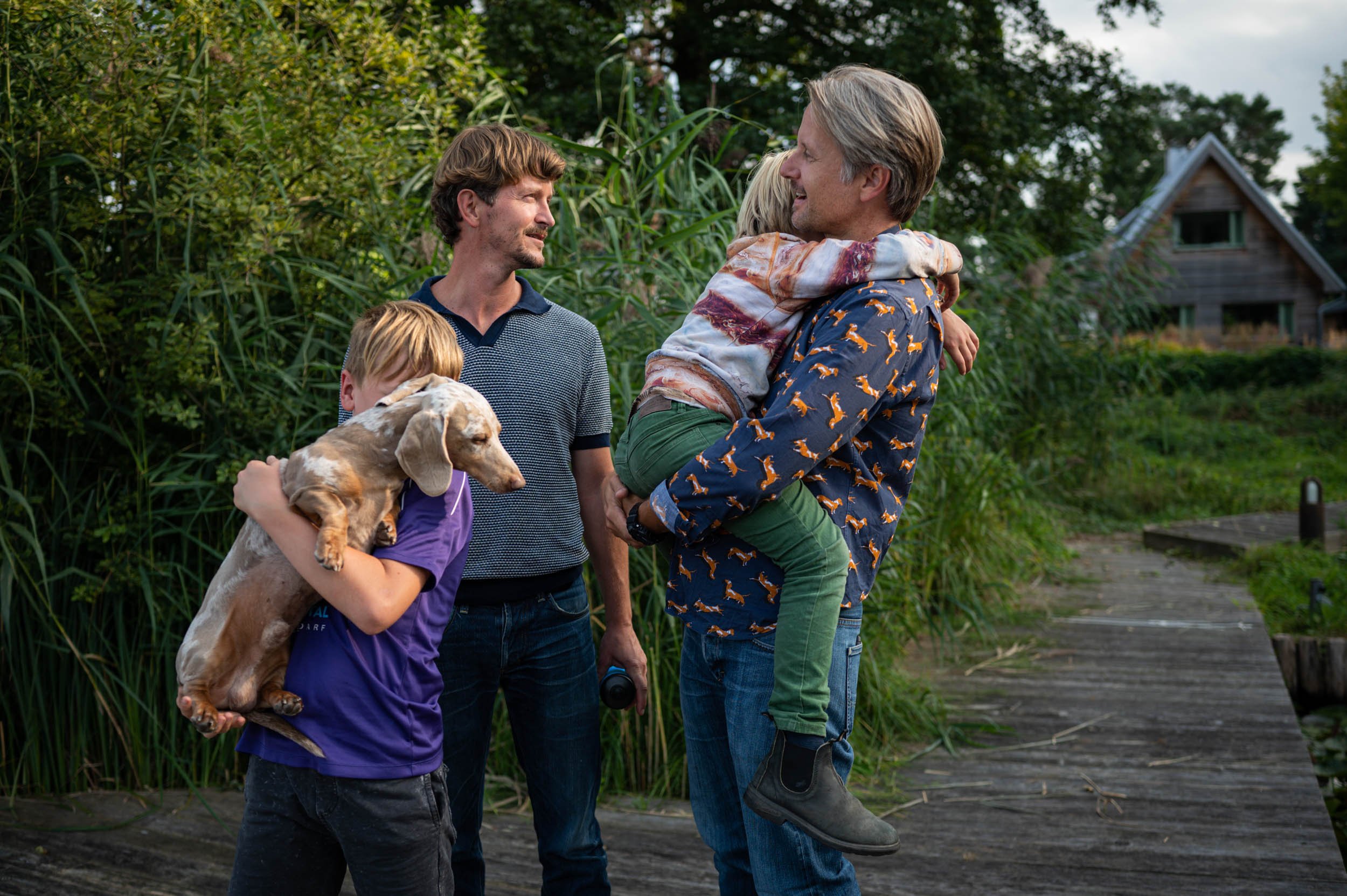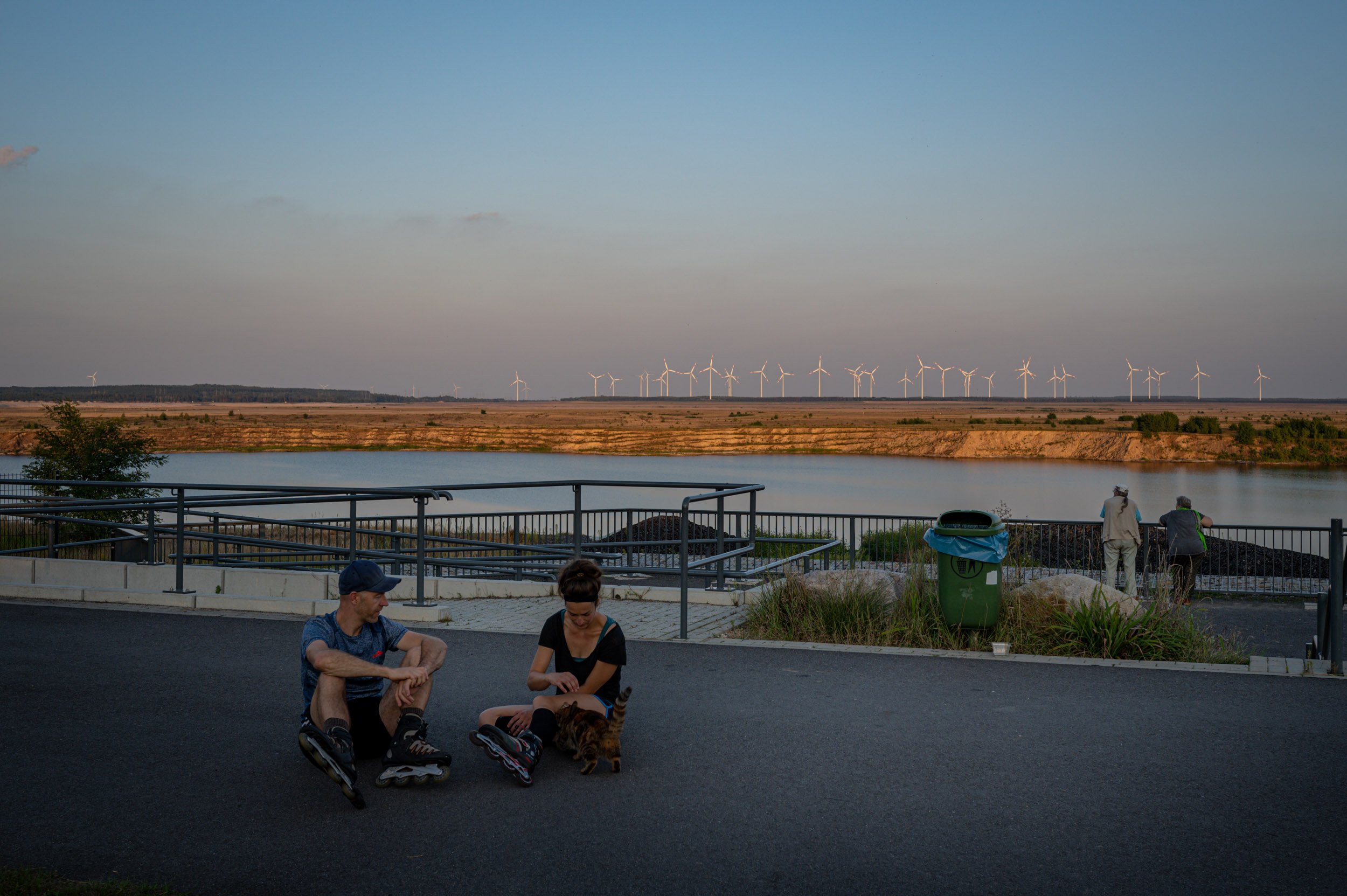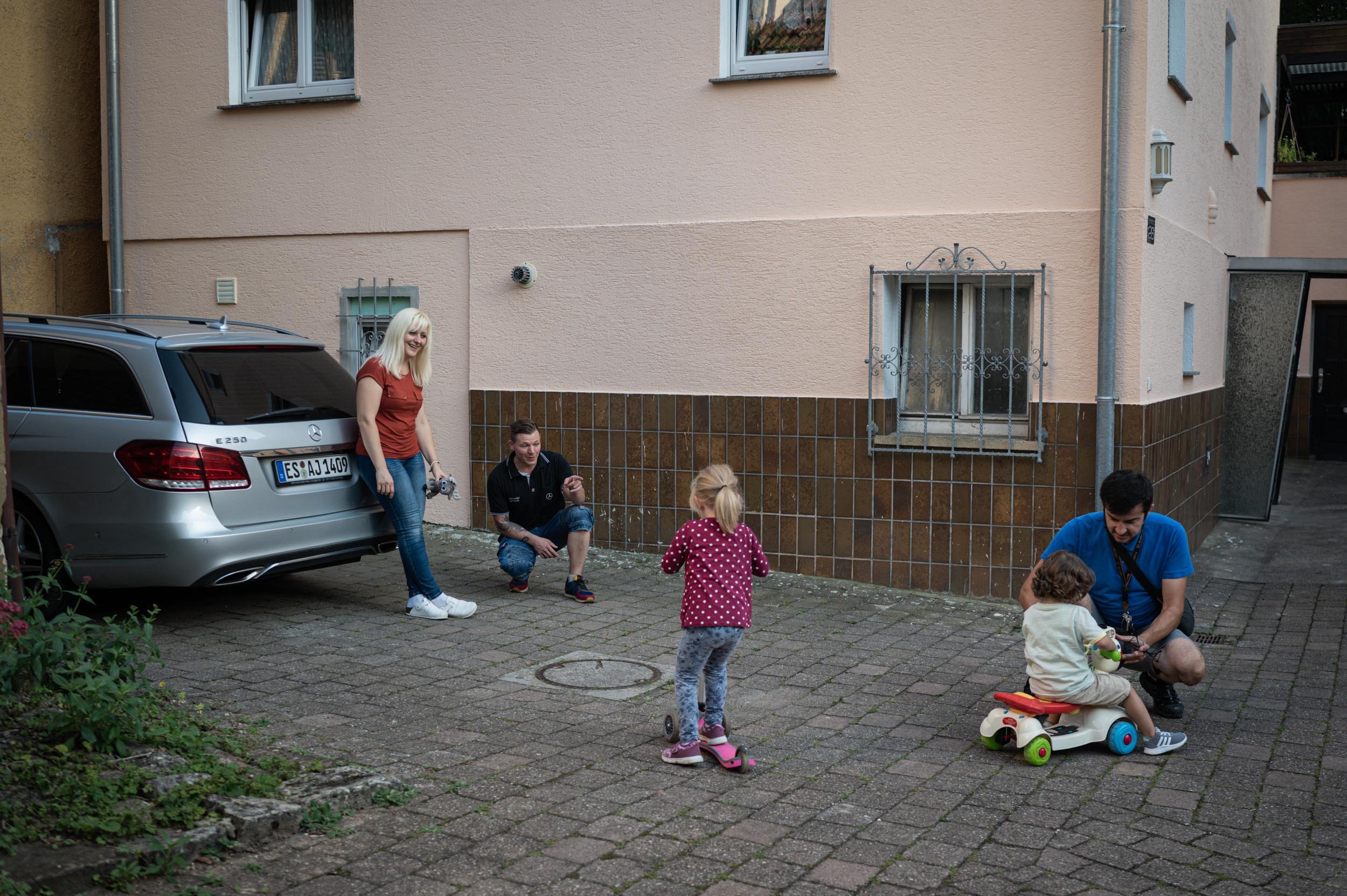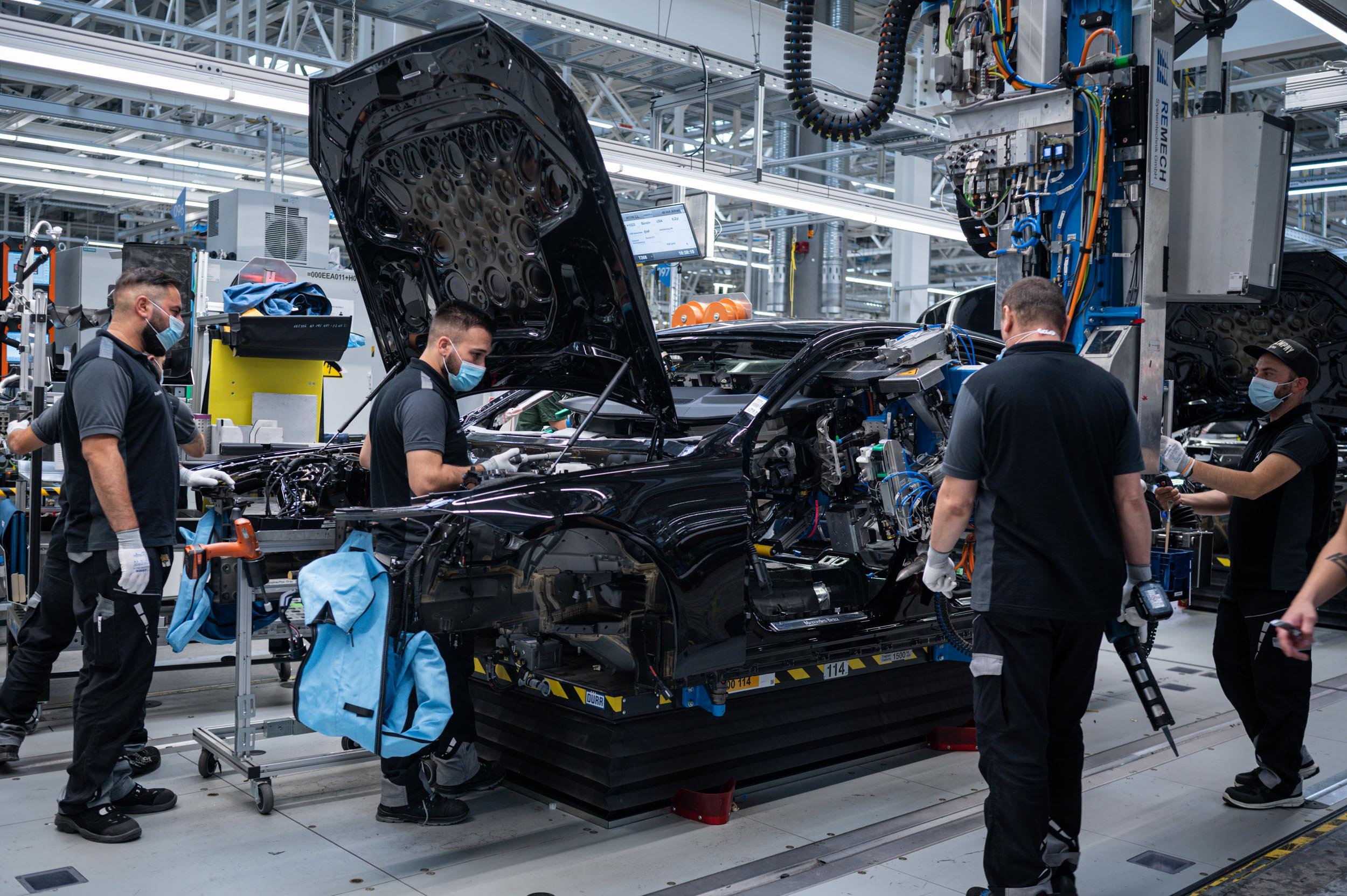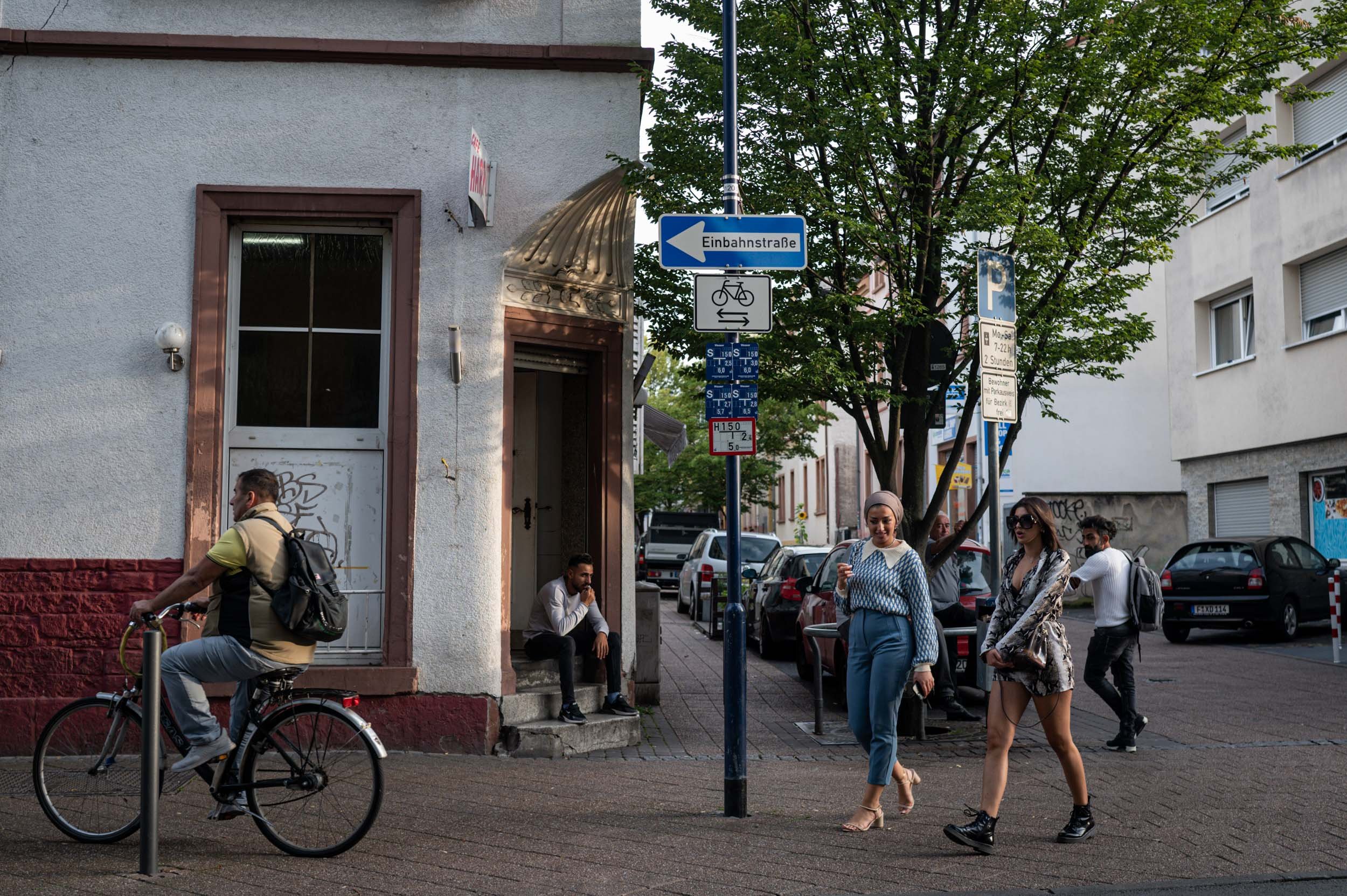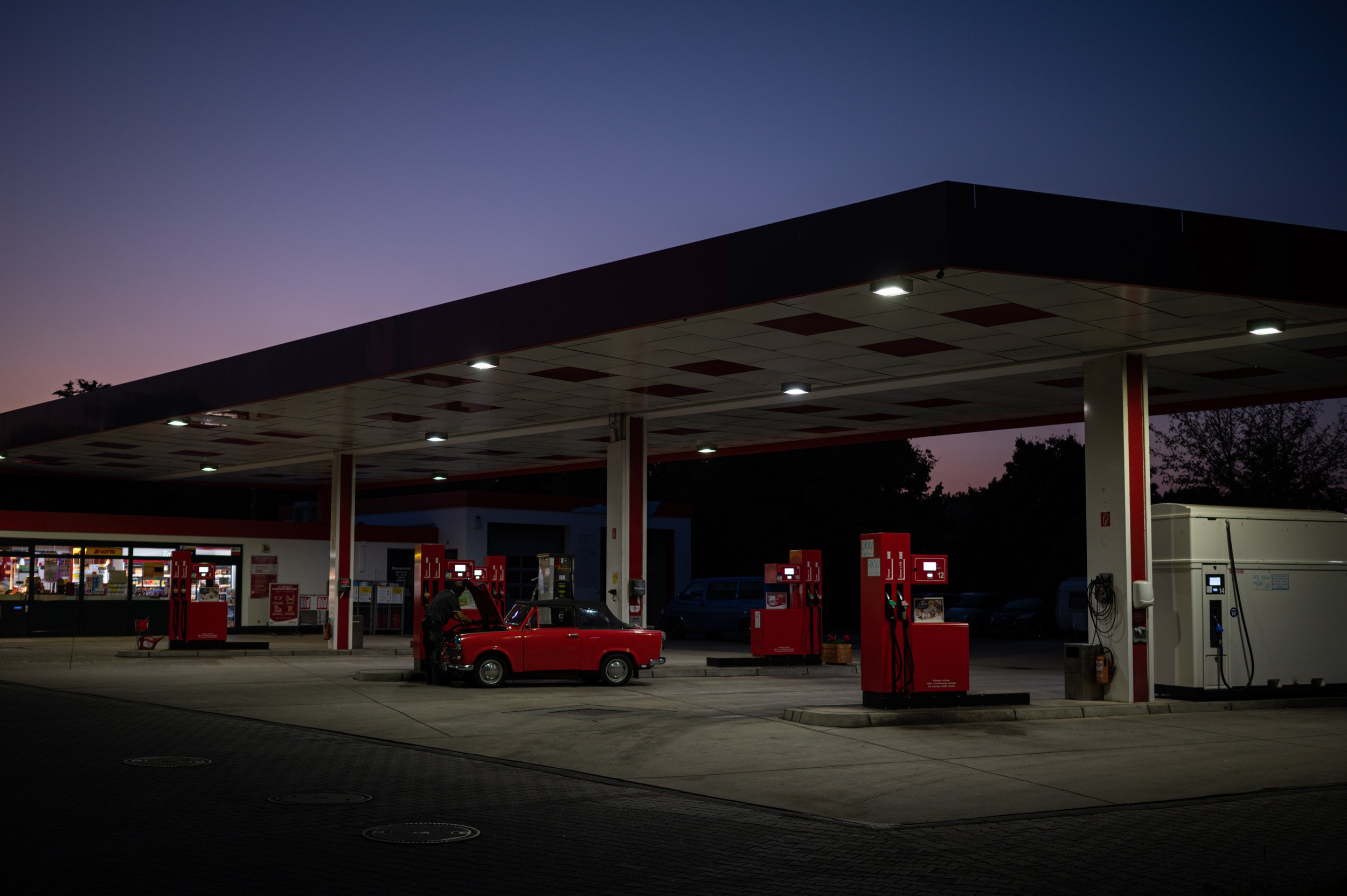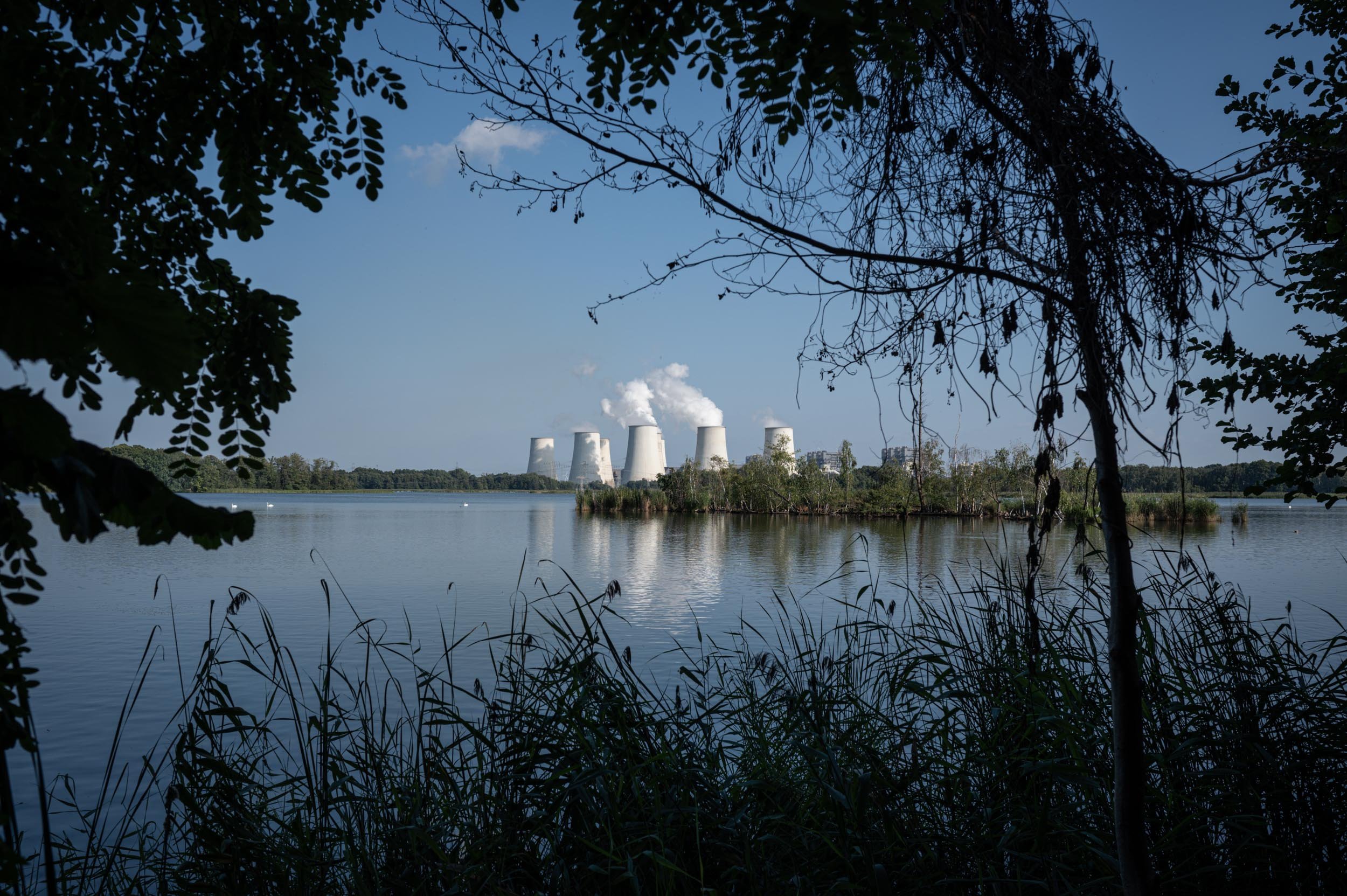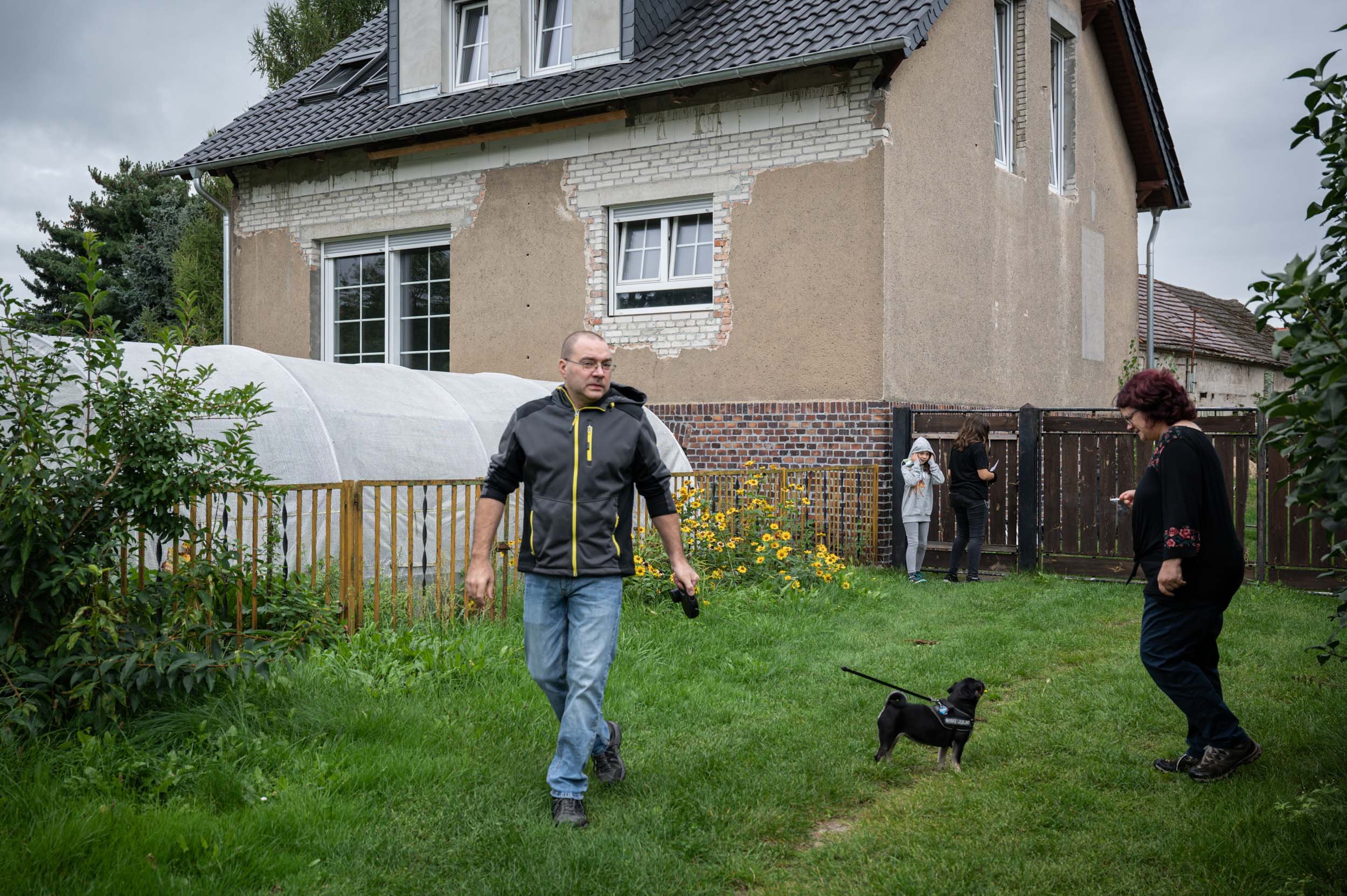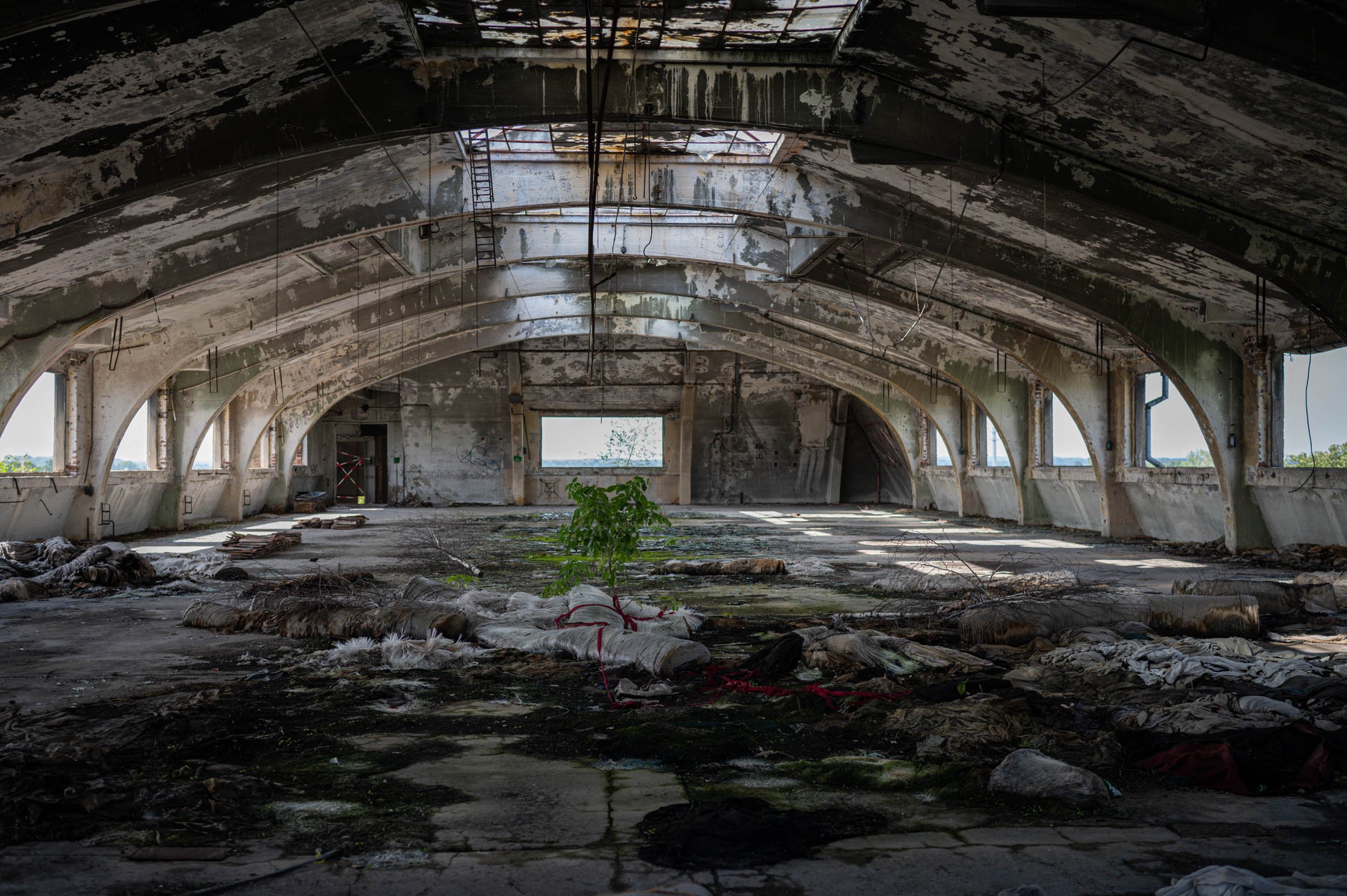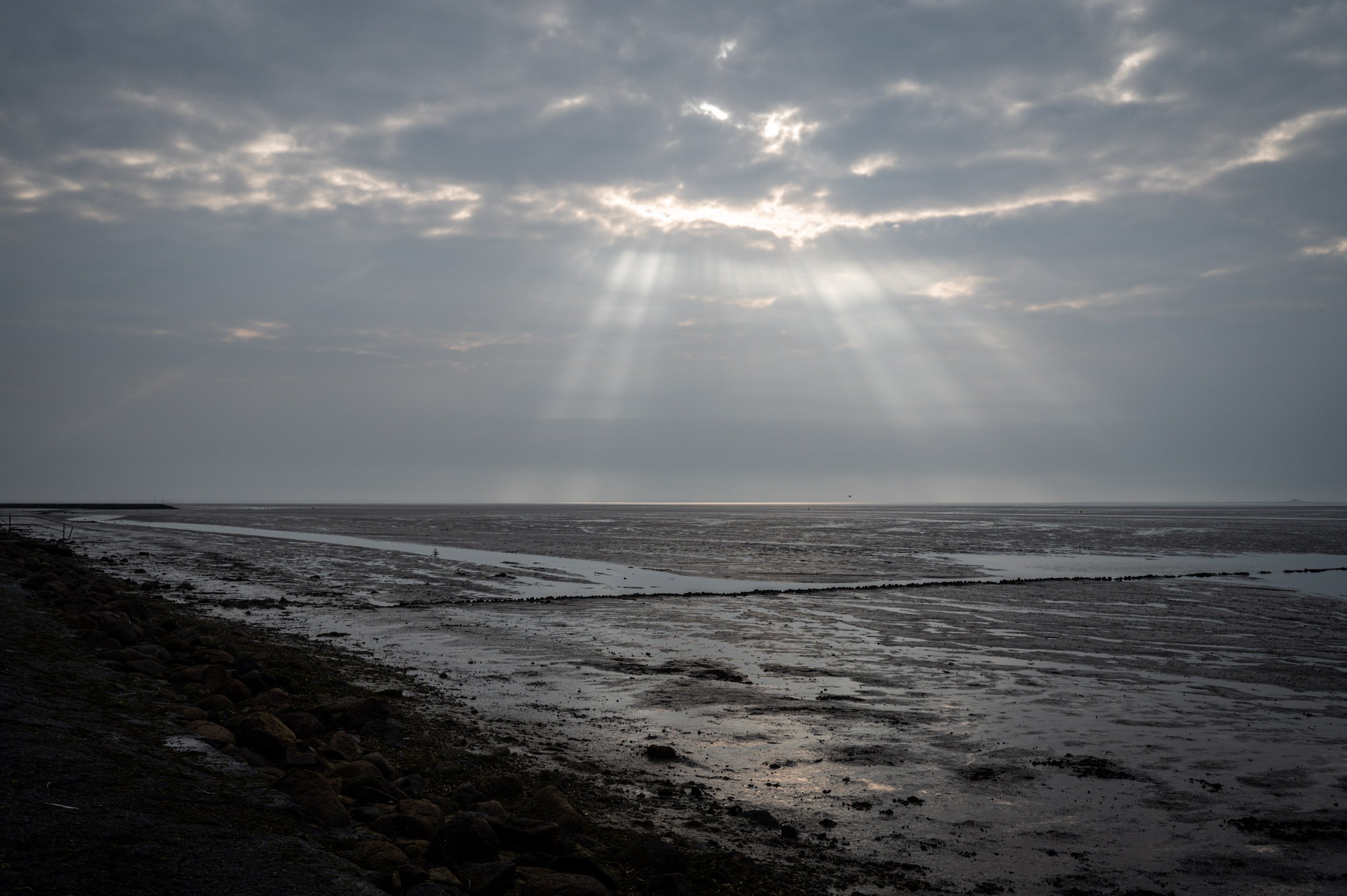Affluent, Anxious and Almost Normal: A Journey Through Merkel’s Germany
As Angela Merkel prepares to step down after 16 years as chancellor of Germany, she leaves behind a country profoundly changed — and anxious about changing more. In 2021 I pitched this story to the NYT and began a journey through Germany: curious about how my country and its’ people had been shaped after 16 years of Merkel governance.
Angela Merkel will be the longest governing chancellor that Germany ever had. Even the first German Chancellor Adenauer and her mentor Helmut Kohl had lasted less than her. During her 16 years of leadership, one of the most stable ones not only in Europe but also globally, Merkel has gone through various crises (the refugee crisis, the threat of European populism, the global COVID pandemic) and has seen many leaders like Trump and Putin come and go.
The retreat from atomic power in the aftermath of Fukushima in 2011, her decision to take hundreds of thousands of refugees in 2015, even against the will of her own political party, are only some of the political moments that marked her governance.
But what do Germans think of her achievements and failures? What has changed in these 16 years? How did the era of Merkel shape Germany and its people?
On assignment for The New York Times
